Our efforts towards sustainability
Sustainability is at the core of everything we do. When we first started working in the fashion industry, we quickly realized how damaging it is to our environment. We decided to study and dive more deeply into how the business works and how things are created and disposed. Since then, we've set ourselves the objective of being as sustainable as we can with our brand. That’s why we source the finest materials and factories for our timeless products. Each item we make is rigorously tested for comfort and durability, and we’re constantly looking for more ways to innovate and improve.
Our Sustainable Practices
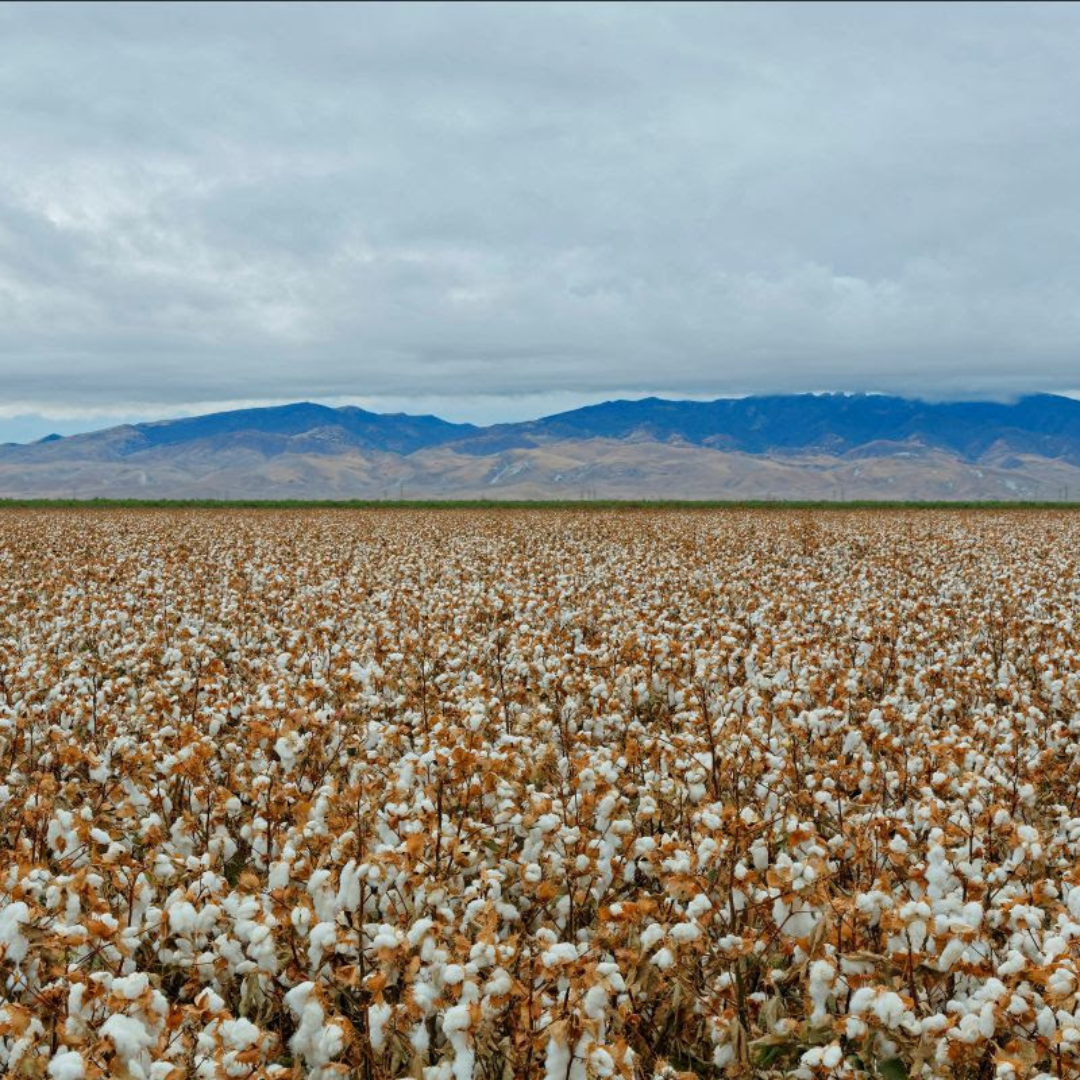
Organic
GOTS (Global Organic Textile Standard) certification is an internationally recognized standard for organic fibers. The GOTS-certified garments are plant-based materials like cotton and linen grown without harmful pesticides or fertilizers. The standard aims to define requirements to ensure the organic status of textiles, from harvesting of raw materials, environmentally and socially responsible manufacturing to labeling that provides a credible assurance to the end consumer.
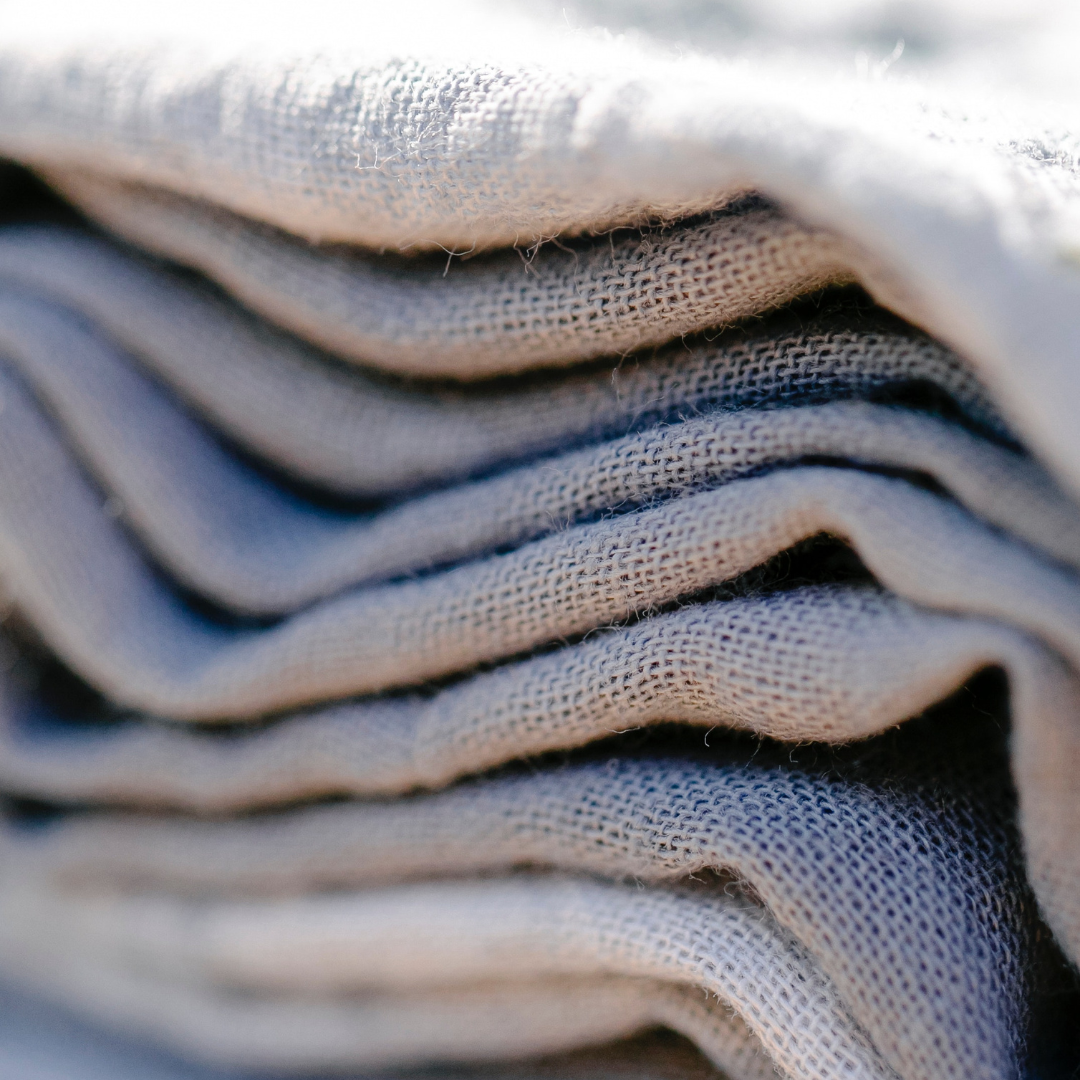
OEKO-TEX 100
OEKO-TEX 100: OEKO-TEX 100 is one of the world’s best-known labels for textiles tested for harmful substances. The certification ensures that a given product does not contain harmful substances — chemicals like pesticides, heavy metals, formaldehyde, and undesirable surfactants that can be harmful to the environment or your health.
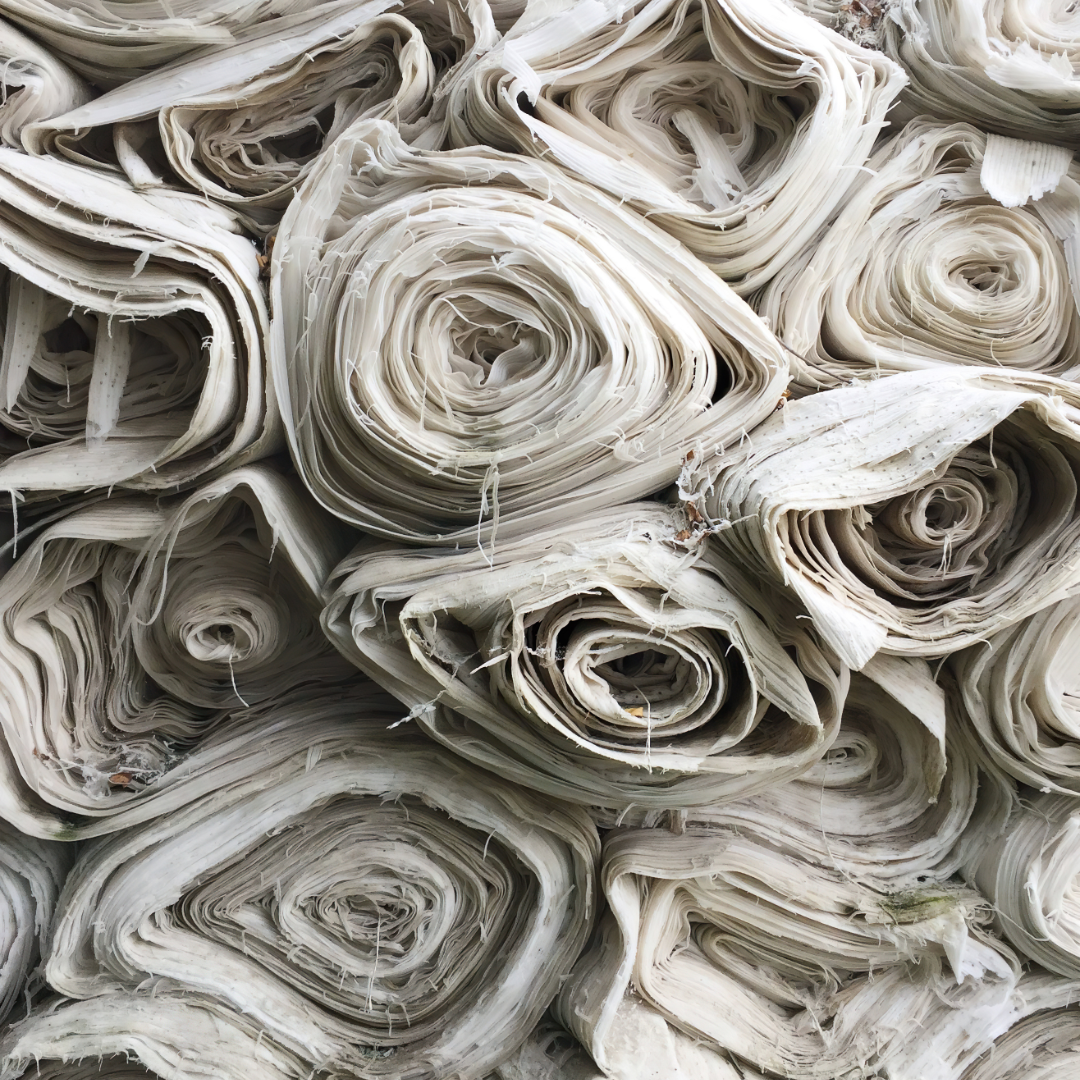
RESPONSIBLE FORESTRY
Fabrics made with renewable wood fibers in sustainably managed forests have a lower environmental impact. Tencel™, also known as Lyocell, is a cellulose fiber made from the pulp of fast-growing trees, most commonly eucalyptus or beech trees. Tencel uses a lot less water and energy during manufacture than cotton, and since it is so absorbent, it also uses a lot less dye than other textiles.
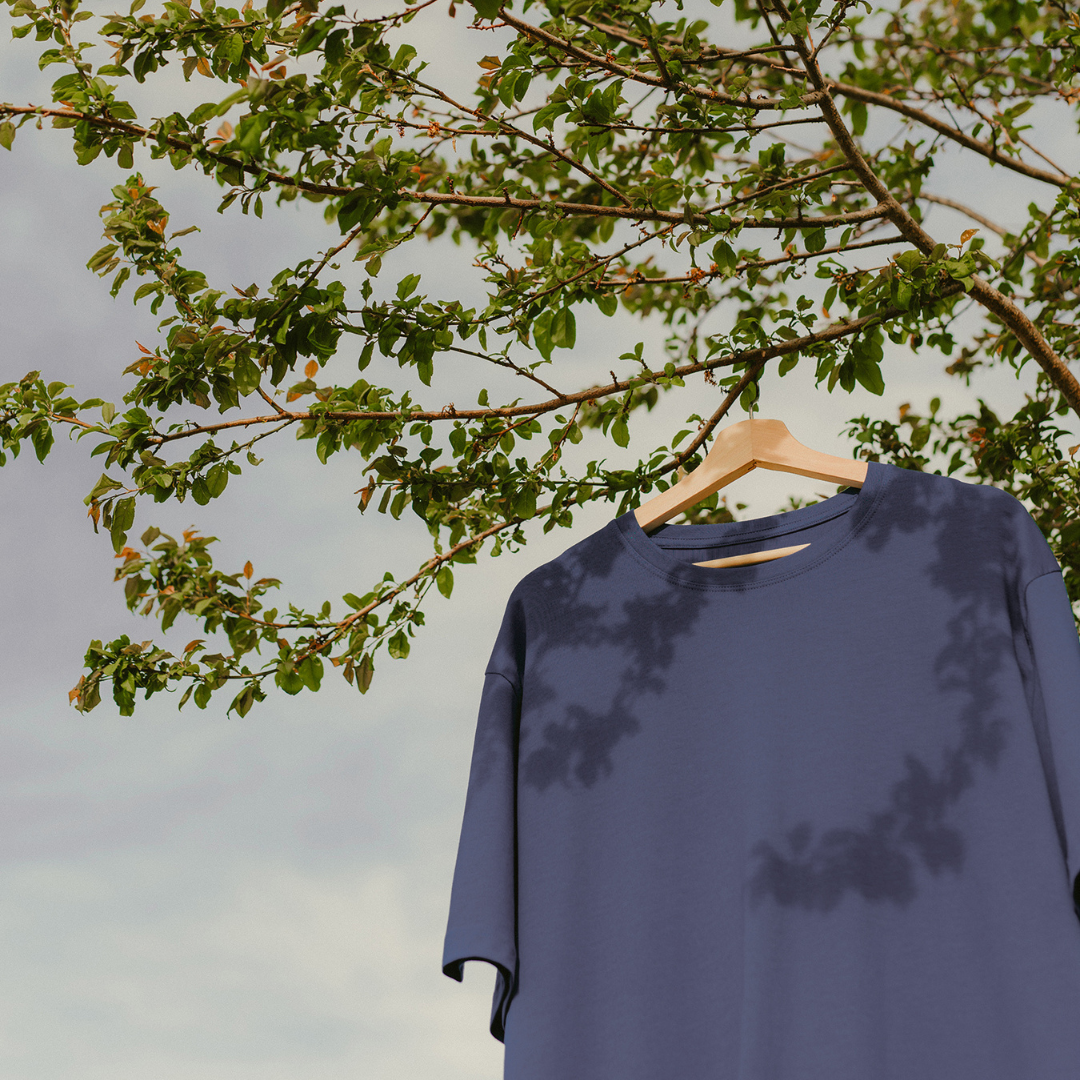
RECYCLED
Reduce, reuse, and RECYCLE. Our manufacturing facilities produce almost no landfill because we recycle almost everything that can't be turned into a tee. We've optimized our cutting to reduce plastic use, and the excess fabric is recycled into a number of things like baby bibs or stuffing for upholstery.
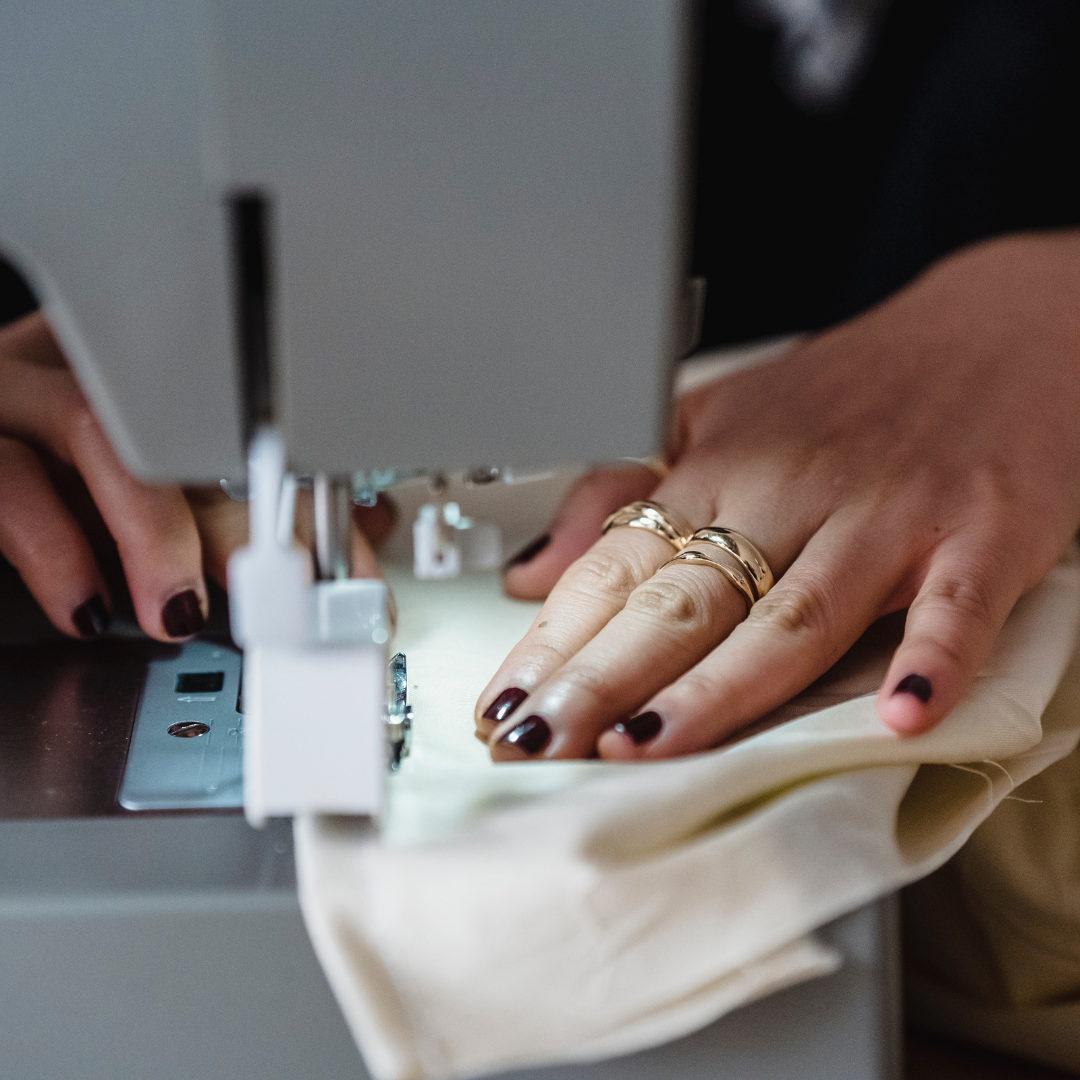
ON DEMAND
Zayline on demand is our initiative to reduce our carbon footprint. All the products that are in our zayline on-demand program are built from scratch when it is ordered. Typically, These products are made in a week or less.This eliminates any overproduction that would lead to clothing going to waste.
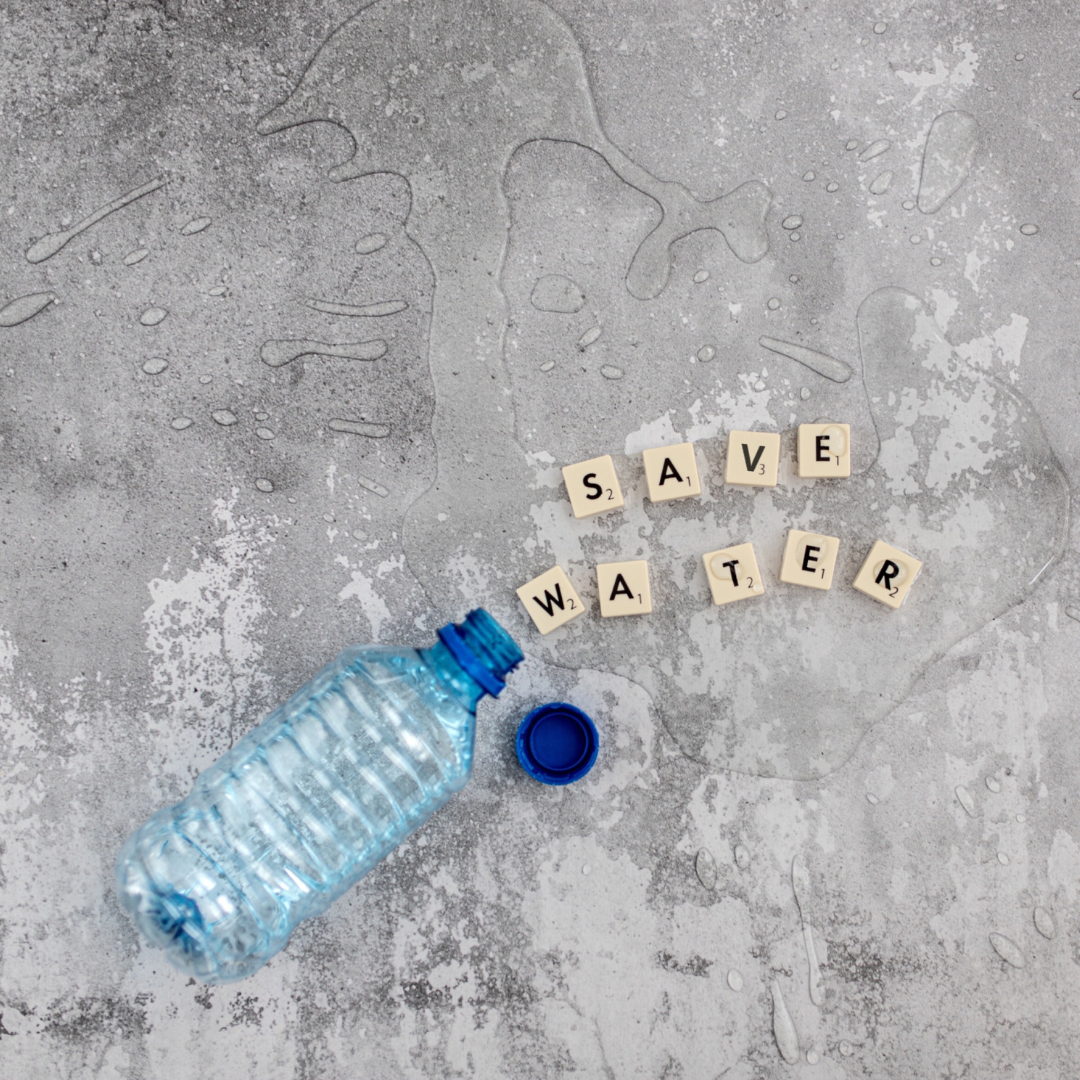
WATER REDUCTION
By using newer, more efficient dye machines, we use 7x less water than the average for clothing manufacturers. Any water we do use goes through a filtration system that allows it to be recycled.
SUSTAINABILITY REPORT ICONS
Now with each collection release, you can find the various sustainable methods we follow under the "Sustainability Report" tab of our product pages.
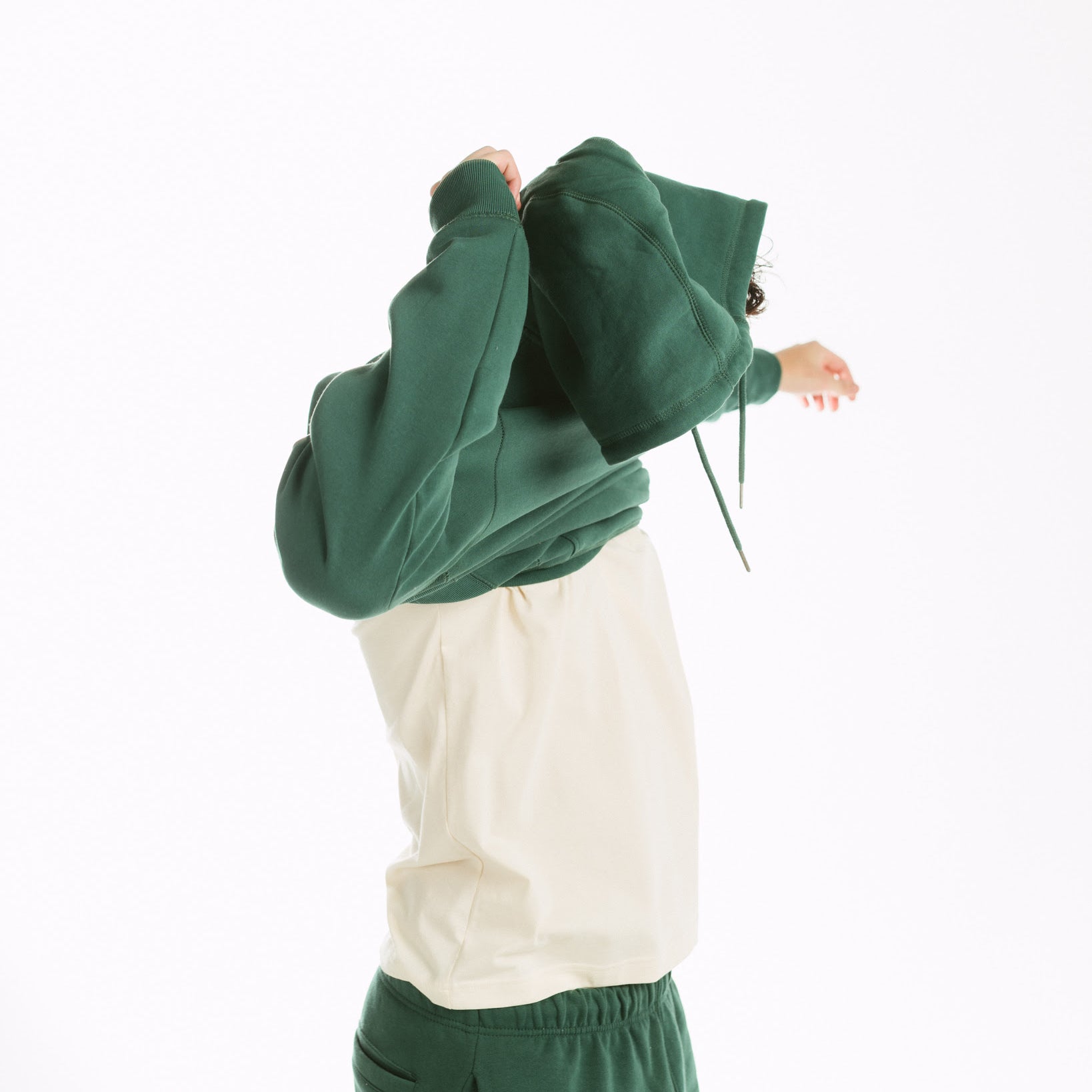
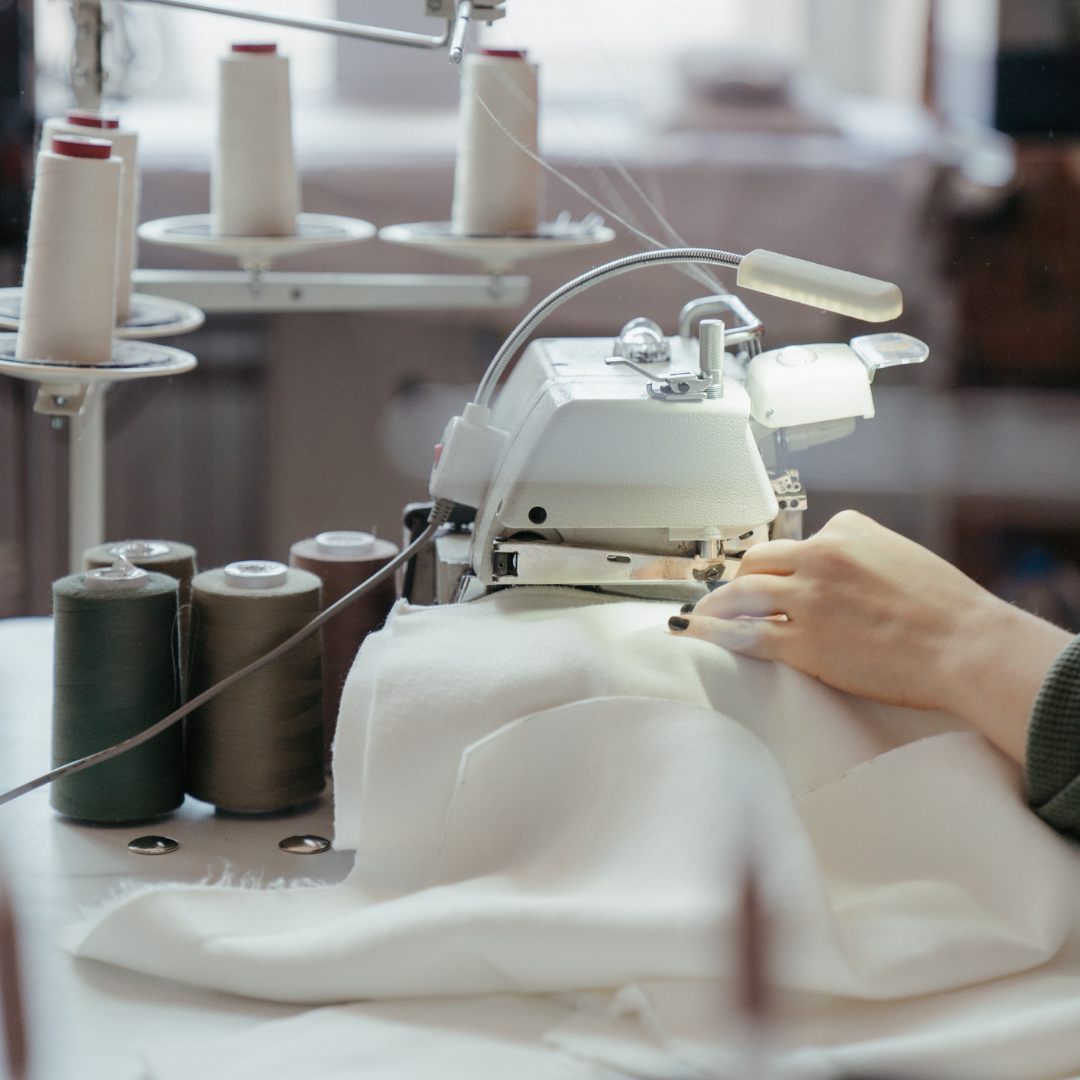
MATERIAL AND CARE
We make every effort to deliver the best clothes to you, but we know that this is just half the battle. Each garment is made with sustainable materials and requires certain care, including cleaning, storing, and caring for them. Please check our “materials and care” tab on our product pages or the fabric care label on all your clothes for clothing care tips to help you maintain them and ensure they last as long as they were designed to last.
OUR FABRICS
An important way to reduce your impact on the environment is to buy quality goods that last a lifetime. That is why fabric choice is an important element in our design process. We use organic, recycled, and other low-impact fabrics in our ranges. The list below explains the various materials we use.
ORGANIC COTTON
Organic cotton is grown without the use of harmful pesticides, which prevents soil erosion, reduces air pollution, and requires a lot less water and energy. Furthermore, we only source our organic cotton from GOTS-certified mills, which guarantees that it was produced and used in accordance with the strongest social and environmental standards.
Why organic cotton?
Conventionally grown cotton uses about a quarter of the world’s insecticides every year, making it one of the most toxic crops in the world. Some of these chemicals have been classified as carcinogenic to humans. When you buy organic cotton, you are investing in water conservation, cleaner air, better soil and healthier livelihoods.
NATURAL FIBER FABRICS
These fabrics are made from natural fibres like hemp and bamboo. These materials reduce the use of synthetic fabrics, which release microplastics into the environment.
Why Natural fiber fabrics?
Natural fiber fabrics have a wide range of advantages.These fabrics will biodegrade naturally if they are discarded because they are made of natural fibres. These fabrics are UV resistant and hypoallergenic, making it perfect for people with sensitive skin. It can be grown without the use of pesticides or fertilisers and grows rapidly without depleting the soil. Furthermore, these fabrics are typically dyed using eco-friendly, non-toxic dyes.
TENCEL™
Tencel™, also known as Lyocell, is a cellulose fiber made from the pulp of fast-growing trees, most commonly eucalyptus or beech trees. It is an excellent fabric for activewear because it is lightweight, cool to the touch, regulates body temperature, resists bacterial development, and has a moisture absorption capacity that is three times more than that of polyester or cotton.
WHY TENCEL?
Fabrics made with renewable wood fibers in sustainably managed forests have a lower environmental impact. Tencel uses a lot less water and energy during manufacture than cotton, and since it is so absorbent, it also uses a lot less dye than other textiles.
WOOL
Wool, a timeless material cherished in the world of fashion, offers a sustainable alternative without harming animals. Domesticated sheep naturally grow thick coats, which require regular shearing for their health and hygiene. This process not only supports animal welfare but also provides arenewable resource for textiles.
WHY WOOL?
From an environmental standpoint, wool boasts impressive credentials, requiring nearly 70% less water than cotton. Furthermore, it is 100% biodegradable, contributing to a circular economy. Its durability ensures longevity, making it ideal for crafting heirloom-quality garments and enduring outerwear pieces.
RECYCLED POLYESTER
Polyester is a synthetic material synthesized via a process called polymerization. Nearly half of the world’s clothing is made of polyester, the most widely used fiber in the apparel sector. Unfortunately, the Production of polyester is not an environmentally friendly process. It uses a lot of chemicals, water, and fossil fuels. The by-products and raw materials are hazardous, contaminate the water and air, and cause several health issues
WHY RECYCLED POLYESTER?
Unlike polyester, recycled polyester uses PET as the raw material. Recycled polyester gives you the same technical performance you get in virgin polyester, but its production requires 59 percent less energy compared to virgin polyester. It can be recycled again and again without significantly degrading in quality. Additionally, it diverts PET bottles from landfills and lessens soil, air, and water pollution.
RECYCLED NYLON
Nylon, another synthetic fiber widely used in the textile industry, shares environmental concerns similar to polyester's in its conventional production methods. Essentially, it is a type of plastic that is put through an intensive chemical process that uses a lot of chemicals, water, and fossil fuels, resulting in the strong and stretchy fibers that make it so useful for fitness wear and accessories. The uses of this versatile material are vast, from your dental floss and seatbelt to fishing nets and parachutes. The downside is that it is entirely non-biodegradable and will sit in landfills for hundreds of years. But the good news is It is plastic and can be recycled.
WHY RECYCLED NYLON
Recycled Nylon has the same advantages as recycled polyester: It is just as strong, elastic, lightweight, and moisture-wicking as virgin Nylon – making it perfect for activewear and active accessories. Plus, It diverts waste from landfills, and its production uses much fewer resources than virgin Nylon (including water, energy, and fossil fuel). A large part of the recycled Nylon produced comes from old fishing nets and industrial raw materials that are considered defective and would typically be discarded and thrown away. This is a great solution to divert garbage from the ocean. Recycling nylon is still more expensive than new Nylon but has many environmental advantages.
DEADSTOCK FABRICS
We use deadstock fabrics whenever we can. These fabrics are typically leftovers from factories or designers. They are usually discarded because the designer did not want them or because there was an excess. We buy verified old, leftover, and over-ordered fabric from fabric warehouses and other designers. This allows us to repurpose and divert these materials from the landfill.
Shipping
Shipping mateerials
When it comes to shipping, it's important to maintain things as sustainable as possible. We use poly mailers made with 50% post-consumer waste and 100% recycled material to ship orders. The tissue papers used to wrap products are made entirely of post-consumer and post-industrial waste so they can be recycled and decomposed naturally. The "Thank you" card with every order and the tissue paper closure stickers are made entirely of post-consumer paper.
carbon neutral Shipping
We are carbon neutral from day one. Shipping items worldwide is not the most environmentally friendly option due to the carbon emissions produced. However, through our partnership with Ecocart, we can calculate the amount of carbon produced when we ship an order from our warehouse to your doorstep. We purchase verified carbon offsets and renewable energy credits from Ecocart on your behalf to make every shipment we deliver carbon neutral.
our factories
We’re reducing our environmental impact by working with the best ethical factories around the world. When it comes to choosing where to make our products, we evaluate factory partners based on fair wages, reasonable working hours, labor conditions, and a shared vision around environmental and social responsibility.
SMALL-BATCH PRODUCTION
You may have noticed that several brands frequently release new styles. New drops every week, monthly restocks, and a never-ending flood of new things are in your inbox and feed. For us, this is a red flag in any clothing brand that claims to be responsible, slow, or sustainable. With large-scale production, companies produce more clothing without knowing how well it would sell, generating more waste from those extra units and increasing emissions when transporting and flying huge shipments worldwide. We don't do that. We don't create seasonal collections; instead, we add new permanent items to our range. Since quality is a core value of our business, we put a lot of effort into ensuring that every batch of clothes we produce meets our standards. By choosing smaller production runs, we know what our customers exactly want, and we are able to sell through everything that we produce.
WRAP CERTIFIED
All of the factories in our supply chain are WRAP certified. WRAP (Worldwide Responsible Apparel Production) is an independent, non-profit organization dedicated to the certification of lawful, humane, and ethical manufacturing throughout the world. The objective of the Apparel Certification Program is to independently monitor and certify compliance with the following standards, ensuring that a given factory produces sewn goods under lawful, humane and ethical conditions.
1. Compliance with Laws & Workplace Regulations
2. Prohibition of Forced Labor
3. Prohibition of Child Labor
4. Prohibition of Harassment or Abuse
5. Compensation & Benefits
6. Hours of Work
7. Prohibition of Discrimination
8. Health and Safety
9. Freedom of Association & Collective Bargaining
10. Environment
11. Customs Compliance
12. Security
SOCIALLY RESPONSIBLE WORKING CONDITIONS
We strongly believe that having fair working conditions for those who produce our products is a crucial part of sustainable production. Our producers' WRAP certification ensures that employees producing our products have 8-hour workdays and are offered employee benefits such as transportation, insurance, health checks, food, child care, and maternity leave.
SWEATSHOP FREE MANUFACTURING
Labor abuse continues to exist today. Some facilities have unsafe working conditions and extended hours, many even have inadequate pay scales. Inhumane practices within the fashion industry still exist and need to be stopped. We are committed to the fair treatment of workers throughout our entire supply chain.
We are working with our global supply chain partners to create conditions so that:
1. No worker pays for their job.
2. Workers retain control of their travel documents and have full freedom of movement.
3. Every worker knows the basic terms of their employment before leaving home.
We certify that none of our cotton is sourced from China's Xinjiang Region, where there is evidence of the use of prison labor and situations of forced labor.
























